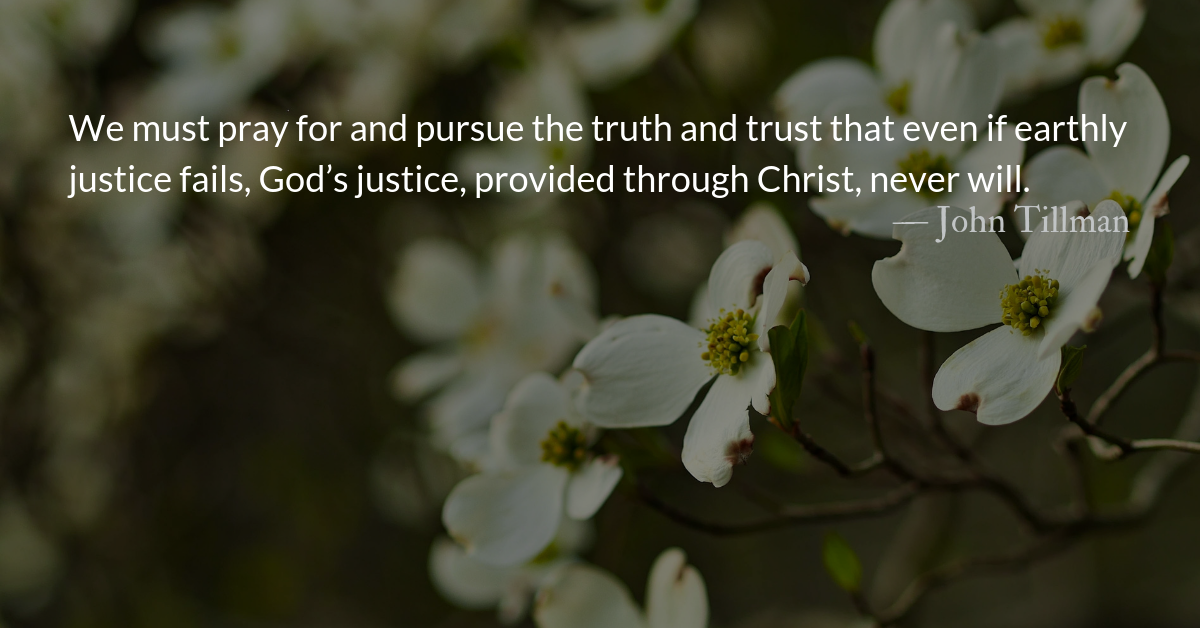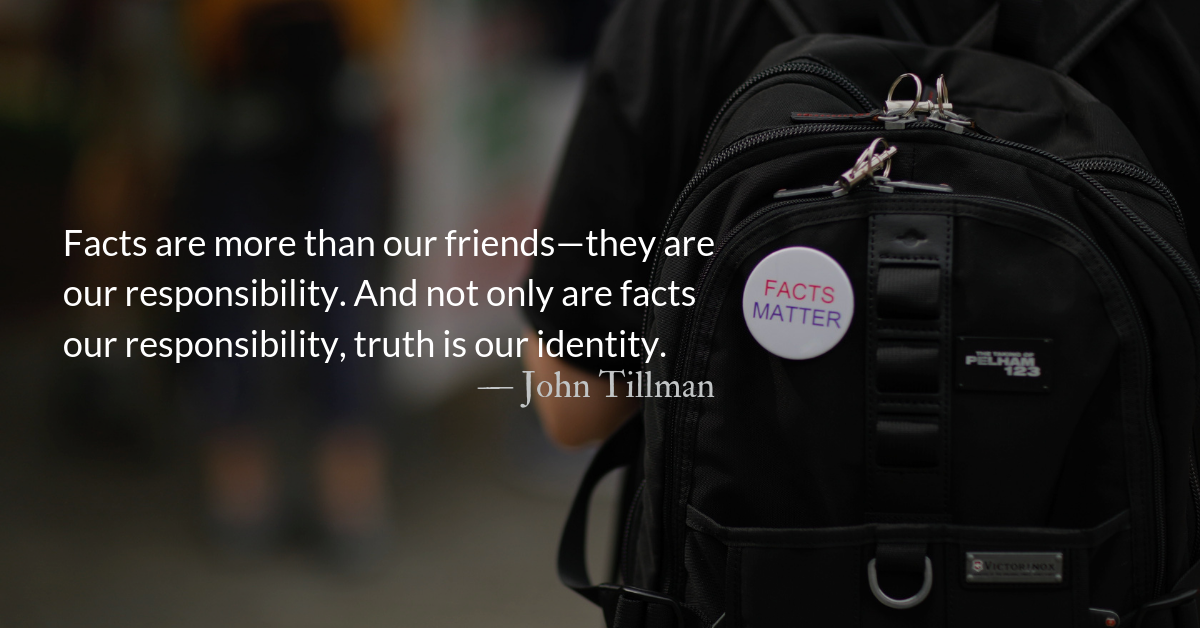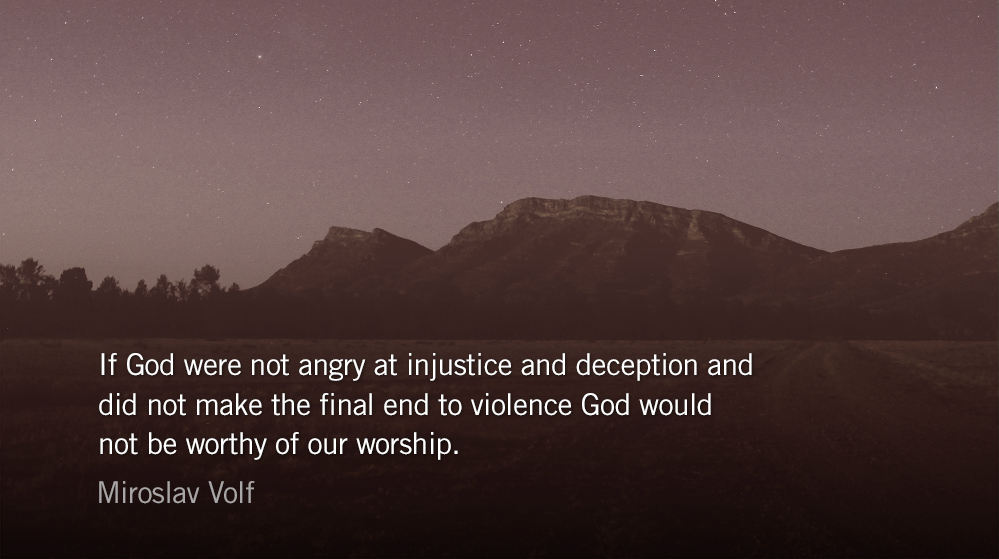Psalm 24.8
Who is this King of glory?
From John:
First, we look at a few verses from our Leviticus reading that bear special reflection on “Tax Day” in the United States.
When you reap the harvest of your land, do not reap to the very edges of your field or gather the gleanings of your harvest. Do not go over your vineyard a second time or pick up the grapes that have fallen. Leave them for the poor and the foreigner. I am the Lord your God. Do not steal. Do not lie…Do not use dishonest standards when measuring length, weight or quantity. Use honest scales and honest weights… — Leviticus 9-11, 35-36
Reflection: Who is this King of glory?
By John Tillman
Today, as American citizens prepare to “render unto Caesar what is Caesar’s,” on “Tax Day,” the calendar of the church, marks the week that Jesus began to walk resolutely into the teeth of the Roman Empire. That’s the part we don’t like. We like the triumphal entry and the triumphal resurrection. The middle bits are like verses of a hymn that we too often skip.
On Palm Sunday churches around the world remembered the entrance of Jesus into Jerusalem. Many in the Jerusalem crowd must have had the ending stanzas of David’s 24th psalm in mind:
Lift up your heads, you gates;
be lifted up, you ancient doors,
that the King of glory may come in.
Who is this King of glory?
But Jesus was not the king they were expecting. And Jesus is not the king we often wish for either.
Some want a glorious warrior-king to defeat the foreigners and rule though vengeance and retribution. These believers want the second-coming of David the giant-killer on a horse, not the first coming of God’s suffering servant on a donkey.
Some expect a liberating mage, with heavenly signs, miracles, blessings, and plagues to confound and punish their oppressors and bless and free the downtrodden. They look for a second Moses, a liberator and lawgiver, not the Lamb of God who comes to be imprisoned, cursed, and slain.
As we follow Jesus through Jerusalem this week, may we not misunderstand him or mistake him for someone else. Let us have eyes to see what many wished to see before us, and ears to hear what many wished to hear. May we let go of our heroic versions of kings and watch the lamb of God, ride his borrowed donkey, straight to his borrowed tomb.
Prayer: The Refrain for the Morning Lessons
Deliverance belongs to the Lord. Your blessing be upon your people! — 3.8
– From The Divine Hours: Prayers for Springtime by Phyllis Tickle.
Today’s Readings
Leviticus 19 (Listen – 4:39)
Psalm 23-24 (Listen – 2:03)
Thank You!
Thank you for reading and a huge thank you to those who donate to our ministry, keeping The Park Forum ad-free and enabling us to continue to produce fresh content. Every year our donors help us produce over 100,000 words of free devotionals. Follow this link to support our readers.
Read more about Face Like Flint :: A Guided Prayer
When Jesus set his face like flint, determined to go to Jerusalem, the disciples expected a fight. Many of them seemed to expect to win. In what ways are we willing to accept victory with Christ but not suffering?
Read more about The Untied Donkey
In the ancient world donkeys were used for ceremonial purposes. Whereas horses were symbols of war, donkeys were symbols of peace and often used to enact treaties.






